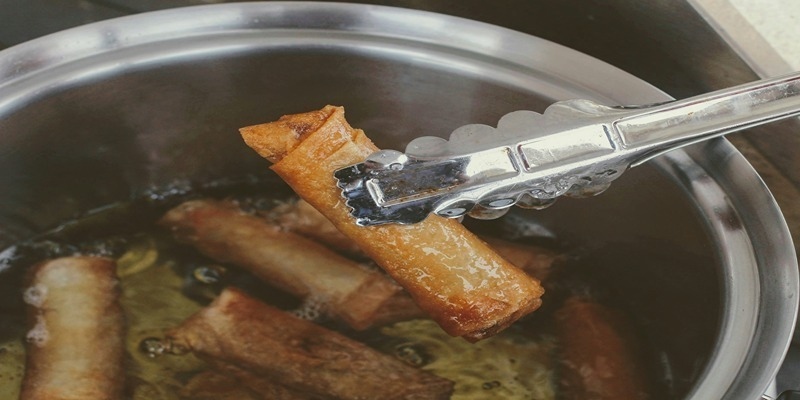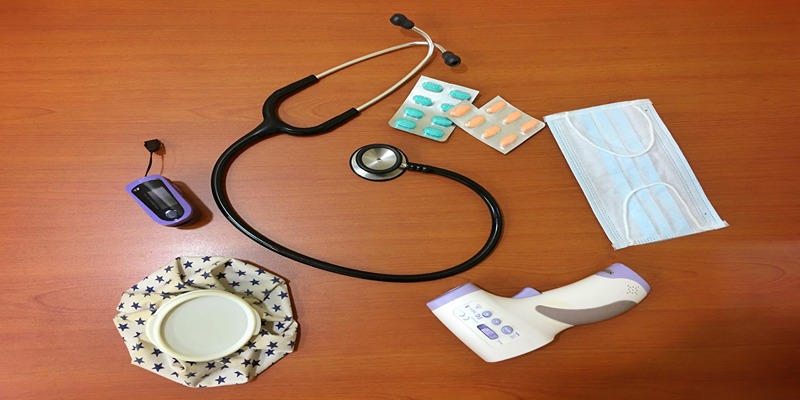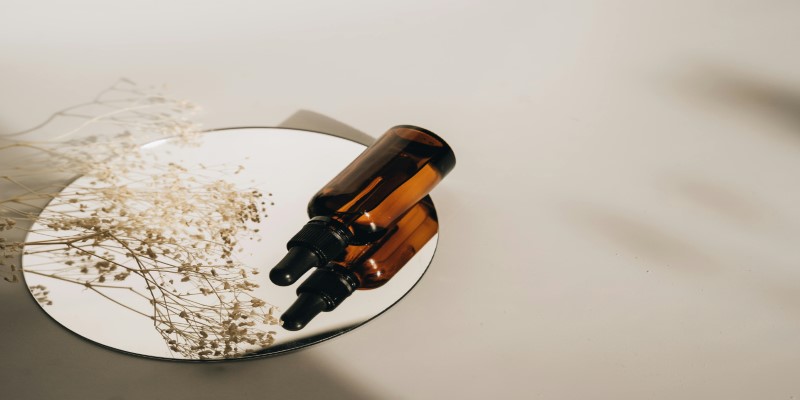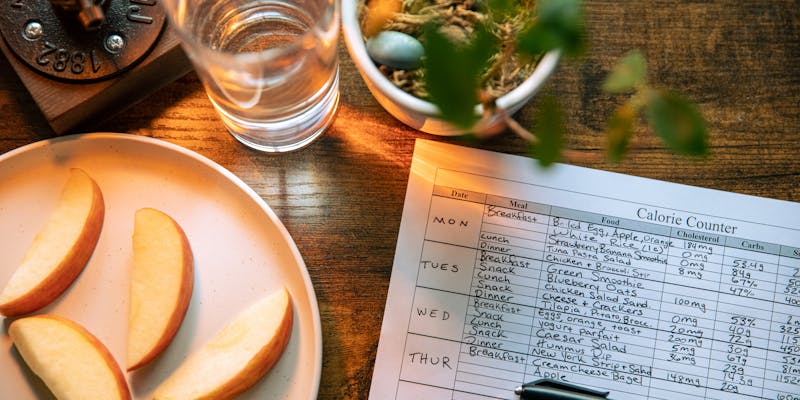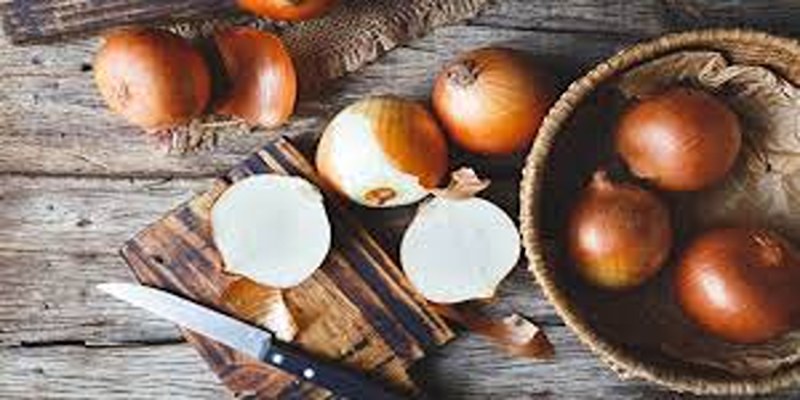Prawns that tend to produce an awesome taste and suitability in cooking are usually the favorite seafood among most. The cholesterol content is frequently accompanied by confusion about their relationships with healthy nutrition. Now, let's turn to the science that dictates whether or not prawns are a true threat to our health.
Cholesterol In Shrimp: Highlights
Cholesterol is a sort of fat in our body and is bountiful in numerous food sources we eat. Many individuals think about shrimp high in cholesterol, with a cholesterol content of 189 milligrams for every 100 grams of cooked prawn. An apparent statement is that this is a scary one at the beginning of all for people who follow special cholesterol diets. On the other hand, it is imperative to separate the different kinds of cholesterols that we need to be aware of as we try to understand their effect on our health.
The cholesterol composition in prawns is specifically related to "dietary cholesterol," which is the cholesterol found in foods. Scientists researching this field have found that the cholesterol one consumes with the food affects the blood count of this substance to a much lesser extent than at some time in the past. It was found that cholesterol contained in food has few or no effects on a person's blood cholesterol regardless of the diet, as long as it is in harmony with other nutrients.
But on the flip side, while prawns are a great source of cholesterol, they are low in saturated fat, which is responsible for raising blood levels of LDL (bad) cholesterol. First, shrimp have much lower saturated fats than protein-dense foods like pork and beef. Such a significant fat profile implies that prawn oil is not as undesirable regarding heart health as was once supposed.
The Significance Of Cholesterol In Health.
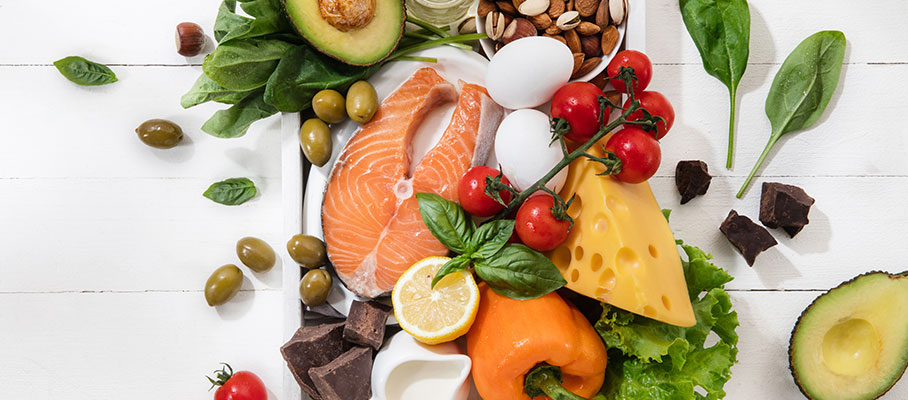
Cholesterol (in the form of the cell membranes and some hormones) is a fundamental [component of the system]; without it, the body can't function. It is one of the major components of cell membranes and is linked with hormone production and estrogen hormone production. Furthermore, cholesterol aids in producing vitamin D, which is crucial to bones since it strengthens the immune system.
While the body naturally produces cholesterol in the liver, it can also come from our foods. Yet, the body maintains cholesterol levels efficiently by adjusting its production in response to the amount of cholesterol consumed. On this account, the liver can synthesize less cholesterol in response to the excess cholesterol from dietary sources.
Therefore, the changes can be banned because of individual tolerance to dietary cholesterol. While others could be genetically designed for such a life-threatening diet, not all people might be sensitive to the effects of dietary cholesterol on blood cholesterol levels. The elements of genetics, eating habits in total, and your lifestyle also contribute to revealing the extent to which dietary cholesterol is harmful to people.
Functions of Cholesterol
- Cell Membrane Structure: Cholesterol's first task is to keep the lipids in place in a cell membrane, which helps organisms communicate.
- Hormone Production: The substance (cholesterol) is used as a precursor for the synthesis of steroid hormones, including glucocorticoid, which is cortisol; mineralocorticoid, which is aldosterone; sex hormones, which is estrogen.
- Vitamin D Synthesis: Cholesterol can be found at the beginning of vitamin D creation on the skin layer under the sunlight. It is still advisable to eat a diet rich in foods containing vitamin D and to achieve the crucial dietary guideline of having sufficient vitamin D.
Adding In Prawns To A Healthy Diet
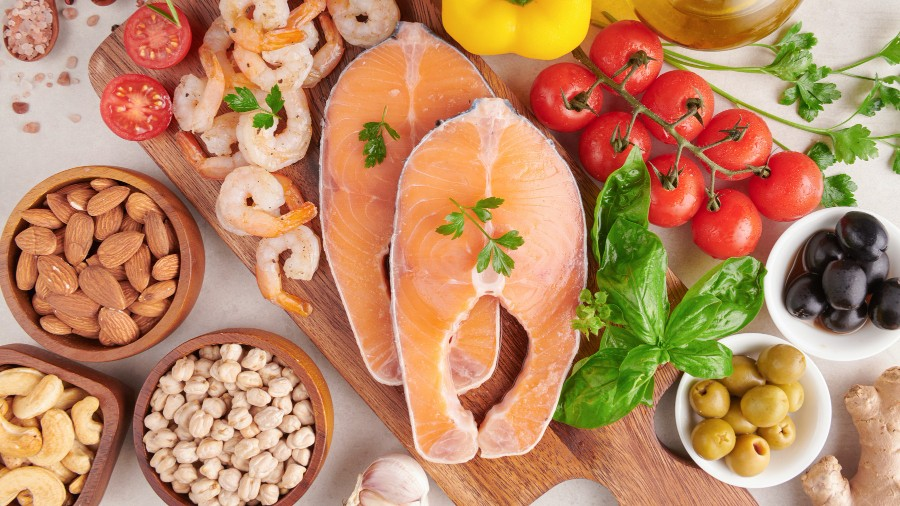
While prawns contain cholesterol, their consumption as part of a balanced diet is acceptable, especially those cooked creatively, to avoid adding unnecessary calories. The cooking mechanism, such as grilling, steaming, and boiling rather than frying, will minimize added fat and calories. Pairing the prawns with the side dishes of plenty of vegetables and whole grains contributes to their nutritional value and a healthy body.
In addition, it is important to approach dietary patterns in general rather than being too concerned about single foods when it comes to maintaining heart health and fulfilling the cholesterol requirements. A varied diet containing lots of fruits, vegetables, whole grains, lean proteins, and healthy fats, combined with physical activity, can help sustain cardio-healthy behavior and suitably neutralize any adverse outcomes that cholesterol may have when consumed.
Conclusion
Prawns, particularly high in cholesterol, can be a part of a healthy eating plan, provided that one practices minimum consumption and healthy cooking. Keeping in mind that cholesterol functions in the body and respecting the consumption pattern of food as a whole is critical for making meaningful decisions about shrimp eating and improving heart health.
